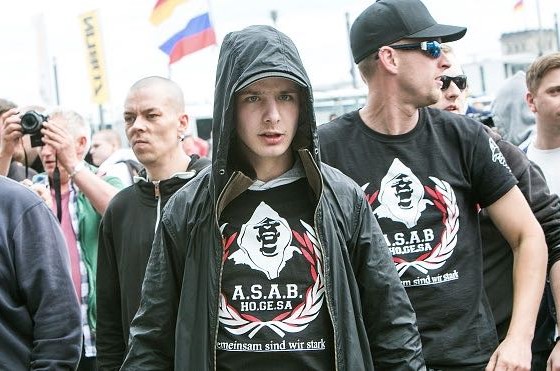MUNICH, Germany — In a country with a track record of murderous xenophobia, one might assume banning neo-Nazi groups should not be too difficult.
Think again.
With Germany’s top court beginning this week to consider a ban on the far-right National Democratic Party (NPD), prohibiting any political party here — right-wing extremists included — isn’t exactly easy.
It’s state policy to foster an inclusive democracy by giving a public platform to any political party that’s not breaking the law.
